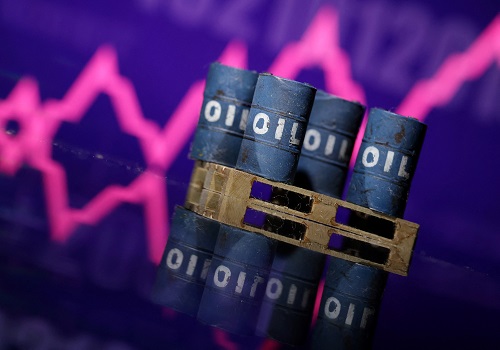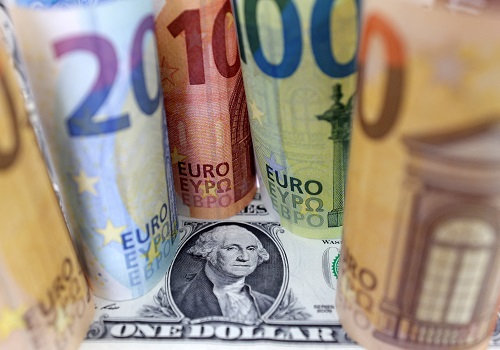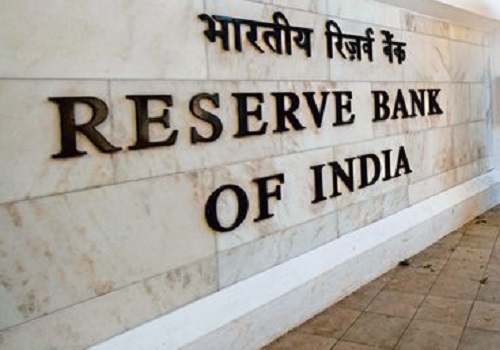Swedish government lowers GDP forecast in 2023 spring budget

Follow us Now on Telegram ! Get daily 10 - 12 important updates on Business, Finance and Investment. Join our Telegram Channel
The Swedish government has lowered its gross domestic product (GDP) forecast and declared the country to be in a state of recession in its spring amendment budget.
The Swedish GDP is now expected to shrink by 1 per cent this year, which is worse than the previous forecast presented on December 22 last year, which projected a decrease of 0.7 per cent in 2023, reports Xinhua news agency.
Finance Minister Elisabeth Svantesson said at a press conference on Monday that due to the highest inflation levels in over three decades, Sweden is now in recession and economic activity is expected to increase very moderately in 2024 and 2025.
According to the government's latest prognosis, the consumer price index (CPI) inflation rate is expected to reach 8.8 per cent this year before falling to 3.6 per cent in 2024.
"The inflation is far too high and it must be brought down," said Svantesson.
"Fighting inflation is my main priority," she said, adding there was reason to be cautious as recent forecasts have underestimated the inflation rate due to a string of uncertainties.
Unemployment is expected to rise to 7.9 per cent this year and peak at 8.3 percent in 2024 before slowly decreasing in the following years, said Svantesson.
"We are in a very difficult financial situation. Many people are struggling to make ends meet and therefore it is important for the government to fight inflation and support those having a hard time," she said.
Svantesson announced a temporary increase in the housing allowance for financially vulnerable families with children and investments in vocational training to get more people into work.
The latest figures released by Statistics Sweden last week showed that the year-on-year CPI inflation rate was down to 10.6 per cent in March from 12 per cent in February.












 320-x-100_uti_gold.jpg" alt="Advertisement">
320-x-100_uti_gold.jpg" alt="Advertisement">












